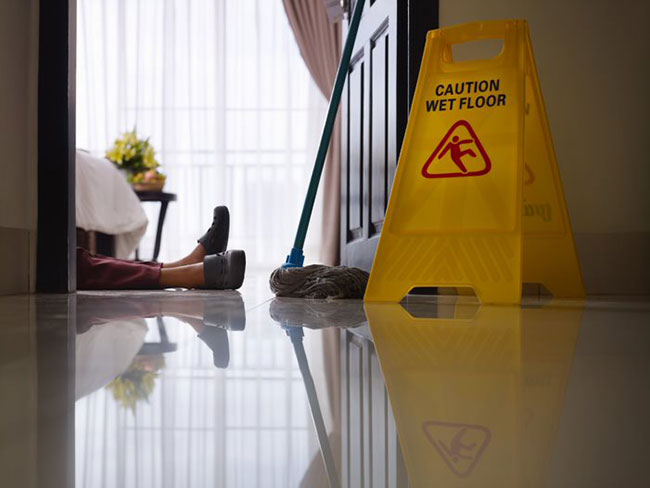The Difference between Premises Liability and Negligence

If someone suffers an injury in a private and public location, they could be entitled to financial and other types of restitution due to a legal concept known as negligence. Determining the party responsible for an accident depends on several factors, such as who owns the property, what function the property serves, why the injured party was on the premises, and more.
Negligence is a broad legal term containing a variety of subsets such as medical injuries, product defects, and premises liability. To receive a settlement, the injured party must prove the responsible party acted negligently, which means they disregarded potential safety issues. Proving negligence is a key component of any type of personal injury lawsuit.
The Different Types of Premises Liability Cases
Premises liability applies to any type of private property, including both commercial and residential. Whether visiting someone’s house, shopping in a company’s store, or simply passing through a location for a legitimate purpose, the property owner must maintain a safe, hazard-free environment.
While premises liability is applied fairly broadly to landlords and owners in most situations, it does not apply to most housing rentals. Instead, tenants are usually held responsible for injuries that occur in their rental, barring any concealed conditions or injuries related to repairs or maintenance.
The most common types of hazards on private property include:
- Slips and falls
- Inadequate security
- Falling merchandise and unsafe conditions
- Poorly maintained or insecure swimming pools, ponds, or other bodies of water
- Unsafe food or unsanitary food preparation conditions
Transitory substances often play a major role in premises liability cases, especially involving slip-and-fall injuries. They are substances that aren’t permanently on the premises, such as snow, water, oil, building materials, and more. While each state has its own regulations regarding transitory substances, the injured party typically must prove the property owner knew about the substance but failed to remove it in a reasonable timeframe.
Who is Considered a Qualified Visitor?
Not every single person who sets foot on private property is qualified to seek damages if they become injured. Most states place visitors into three categories:
- Invitee
- Licensee
- Trespasser
An invitee is a social visitor, such as someone who goes over to a friend’s house for coffee. It is also a visitor to a public place, such as someone shopping in a store or walking through a museum.
Another common type of visitor is a licensee. They are people on the property for business-related reasons, such as plumbers, landscapers, nannies, and more. Both invitees and licensees typically have broad leeway in at least filing personal injury lawsuits for injuries that occurred on someone else’s property.
Trespassers are typically treated much differently under the law. Someone with no valid reason to enter a property, such as a burglar, typically can not collect compensation if injured, even if the property owner knew conditions on the property were potentially hazardous.
“Keep in mind not all uninvited guests are trespassers,” said Attorney Alan Hamilton. “For example, if you fail to clear ice from your front walkway in a reasonable amount of time, and a door-to-door salesman slips and becomes injured, you could potentially be found legally liable.”
Final Thoughts
Proving negligence is the heart of any personal injury case, including any injury that occurred on private property. However, because negligence is a specific legal term, with many elements differing by state law, the best way for injured parties to collect damages is by hiring a premises liability lawyer. Fortunately, for someone injured on private property, compensation and other help is potentially available.
